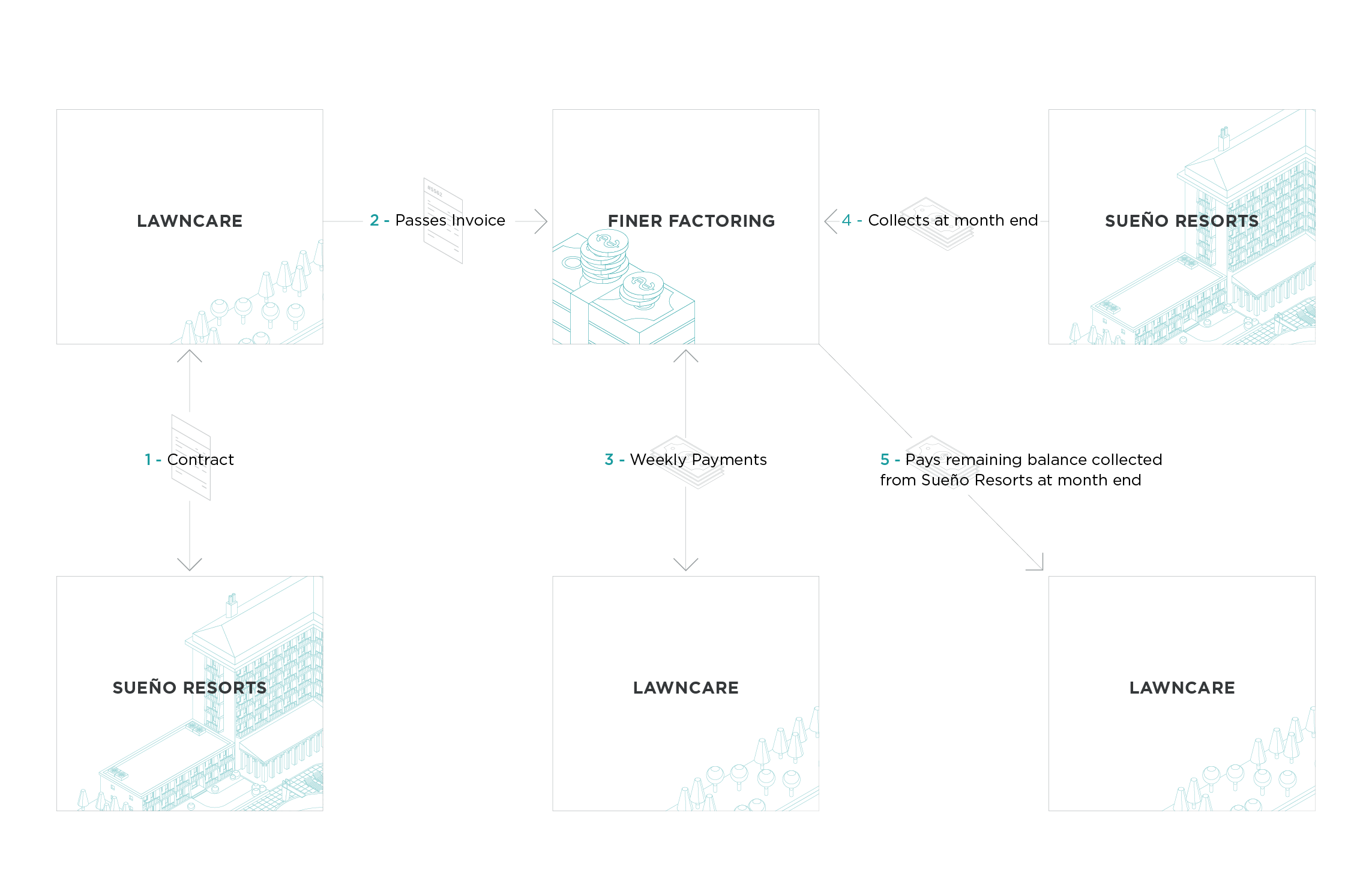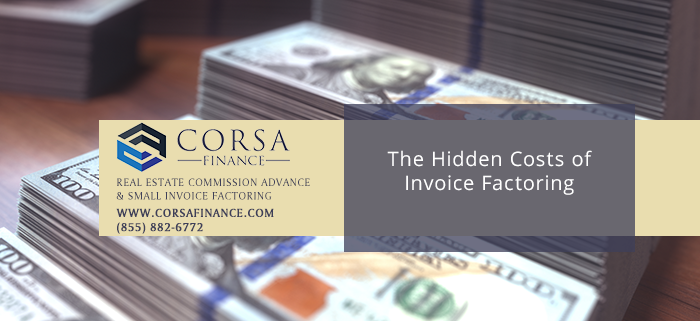

With invoice factoring, you can skip the interest and closing costs.

In the meantime, your cash flow problem may get worse and endanger your business.Įven if you get the loan approved, you'll have to pay an initiation fee, interest, and closing costs. If you apply for a business or personal loan from a bank to help you cover your cash flow problems, you'll have to wait several days or even weeks to see if the loan is approved.
#INVOICE FACTORING COST FULL#
Instead, you can get the full amount of your invoice (minus your due diligence fee, of course).įactoring really saves you money when you compare it to more traditional forms of financing such as a bank loan. If you've been in the habit of offering cash discounts to customers who pay their invoices early, you no longer have to eat those costs either. For example, since the factor takes on the usual accounts receivable work you would have to perform, you can skip the cost of filing records, maintaining receivables and resending invoices. In most cases, invoice factoring actually saves the company money. You can avoid this, though, if you only factor invoices from customers who have a good payment record with you. Of course, if your customer never pays the invoice, you may have to deal with some other, more unpleasant costs like legal fees and interest payments on your factoring advance. The factor will usually impose this fee to cover the cost of performing a credit check on the customer whose invoices you intend to factor. Depending on the company, this charge may be called a factoring fee. Generally, you'll only have to pay one fee when you sign up for invoice factoring - a due diligence fee or a setup fee. Instead, factoring can be one of the more affordable ways to increase your cash flow. Have you been considering invoice factoring for your business? Are you concerned about the possible costs associated with factoring? The good news is that invoice factoring carries almost none of the usual costs you would expect with most financing options.


 0 kommentar(er)
0 kommentar(er)
